What We Campaign For
Corporate Accountability Legislation in Ireland
The ICBHR is campaigning for new corporate accountability legislation to prevent abuses by making Irish-based companies accountable for a range of corporate human rights violations, including forced labour, land grabs, attacks on human rights defenders, violence against women and denial of people’s fundamental rights at work. The law would also allow victims to take companies to court in Ireland for damages
Our report details the pressing need for the Irish government to introduce a new law to hold Irish-based companies to account.
Corporate Accountability and the EU
The Coalition campaigns with our European partners for a strong legal framework for human rights and environmental due diligence at the EU level. The Corporate Sustainability Due Diligence Directive entered into force on 25 July 2024 and is required to be transposed into Irish law by 26 July 2026.
Our Coalition is working to ensure the EU Corporate Sustainability Due Diligence Directive is robust and protects people and the planet from corporate harm.
Read our briefing on how to improve the EU Corporate Sustainability Due Diligence Directive
Time for a UN Binding Treaty
The ICBHR campaigns to ensure corporations are legally required to assess and address negative human rights impact across their value chains by calling for a robust UN treaty.
The treatment of supply chain workers, migrant workers, and those in precarious work, mostly women, represents an unsustainable and unjust business model of profit at the expense of human rights.
Watch the Video
News & Resources
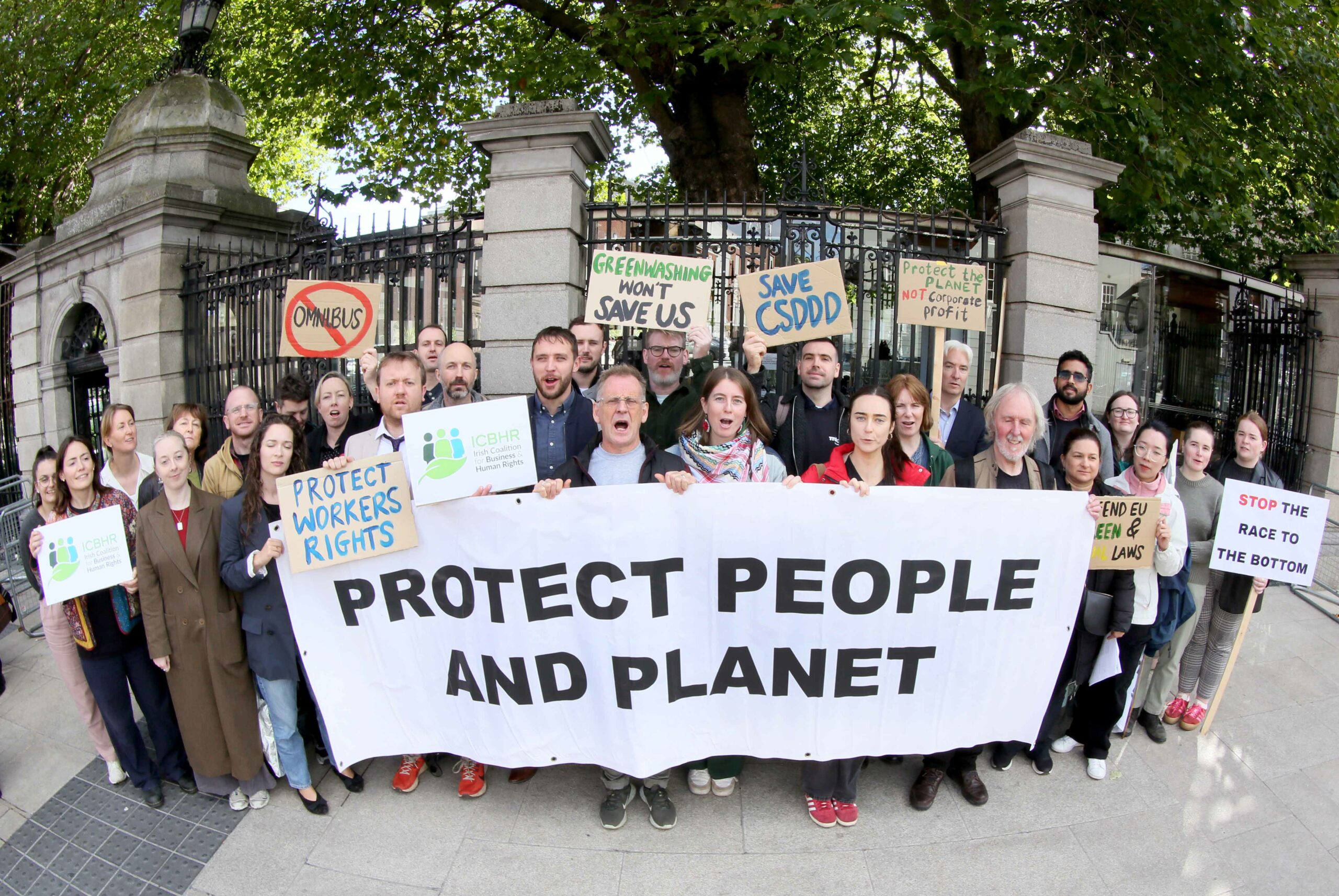
Irish government slammed for support for ‘slash and burn’ of EU environment and human rights safeguards
Tuesday 16 December 2025 – Aid agencies and rights groups have strongly criticised the Irish government for[…]
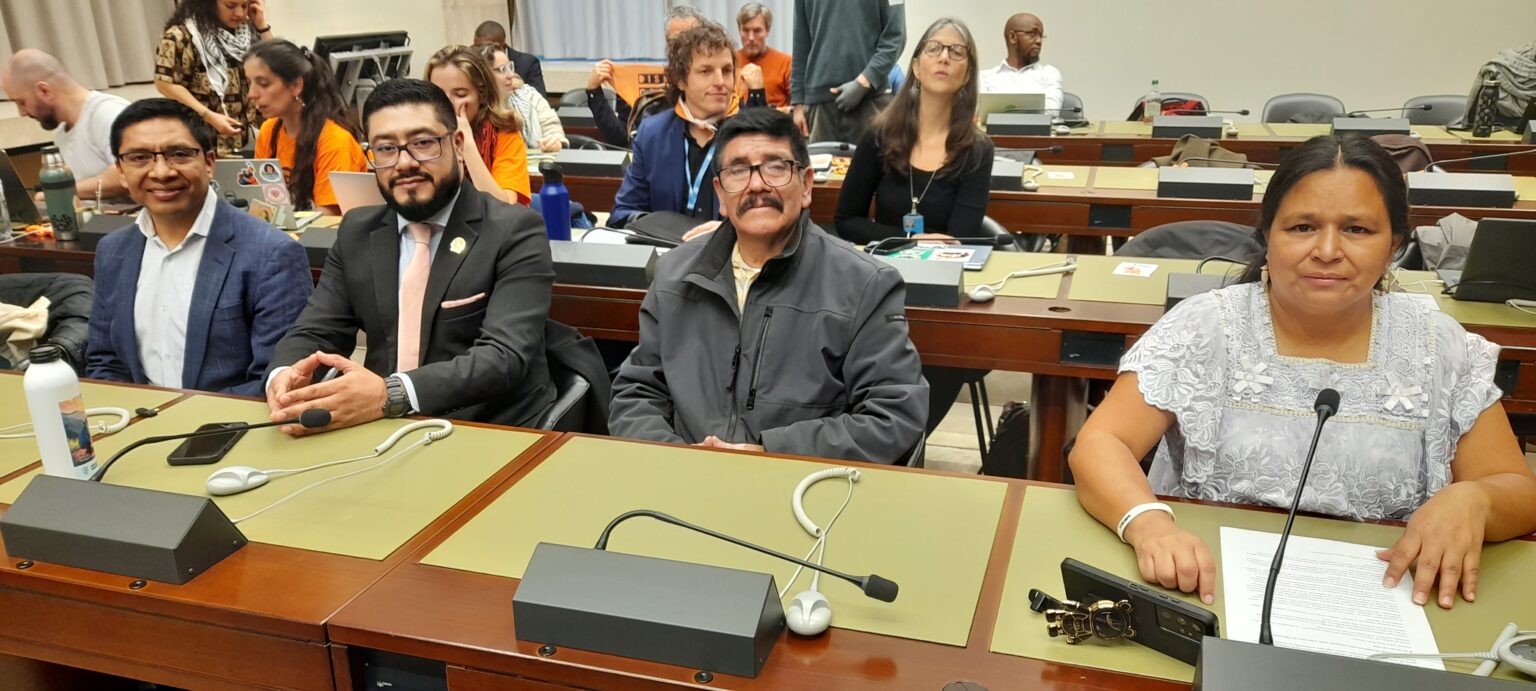
Hope in Dark Times? Key Takeaways from the 11th Session of Negotiations for a UN Treaty on Business and Human Rights
Unchecked corporate power is the single biggest threat to life on the planet, the driving[…]
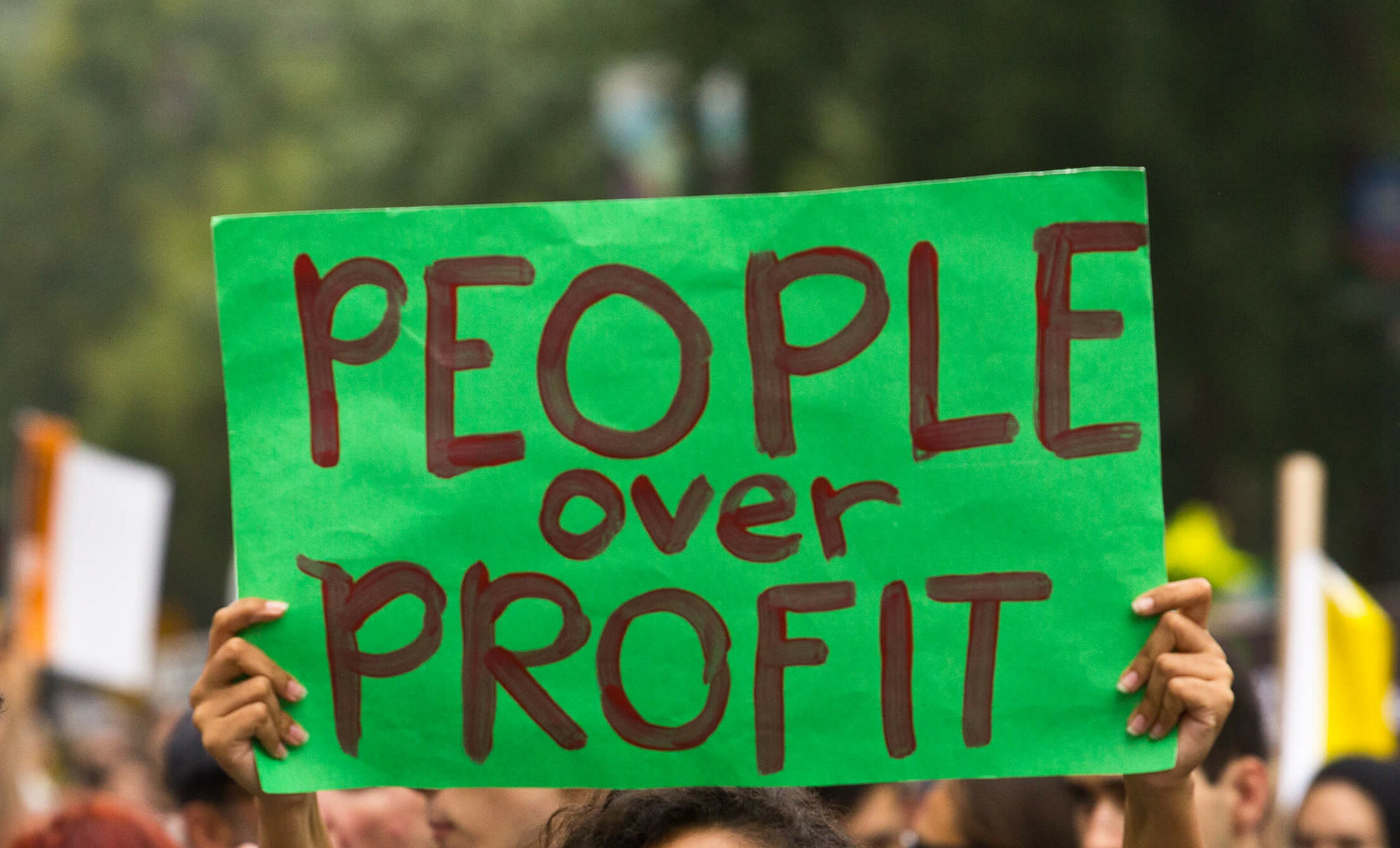
Time for a Treaty
2025 is the start of a crucial two years for human rights defenders, communities and[…]
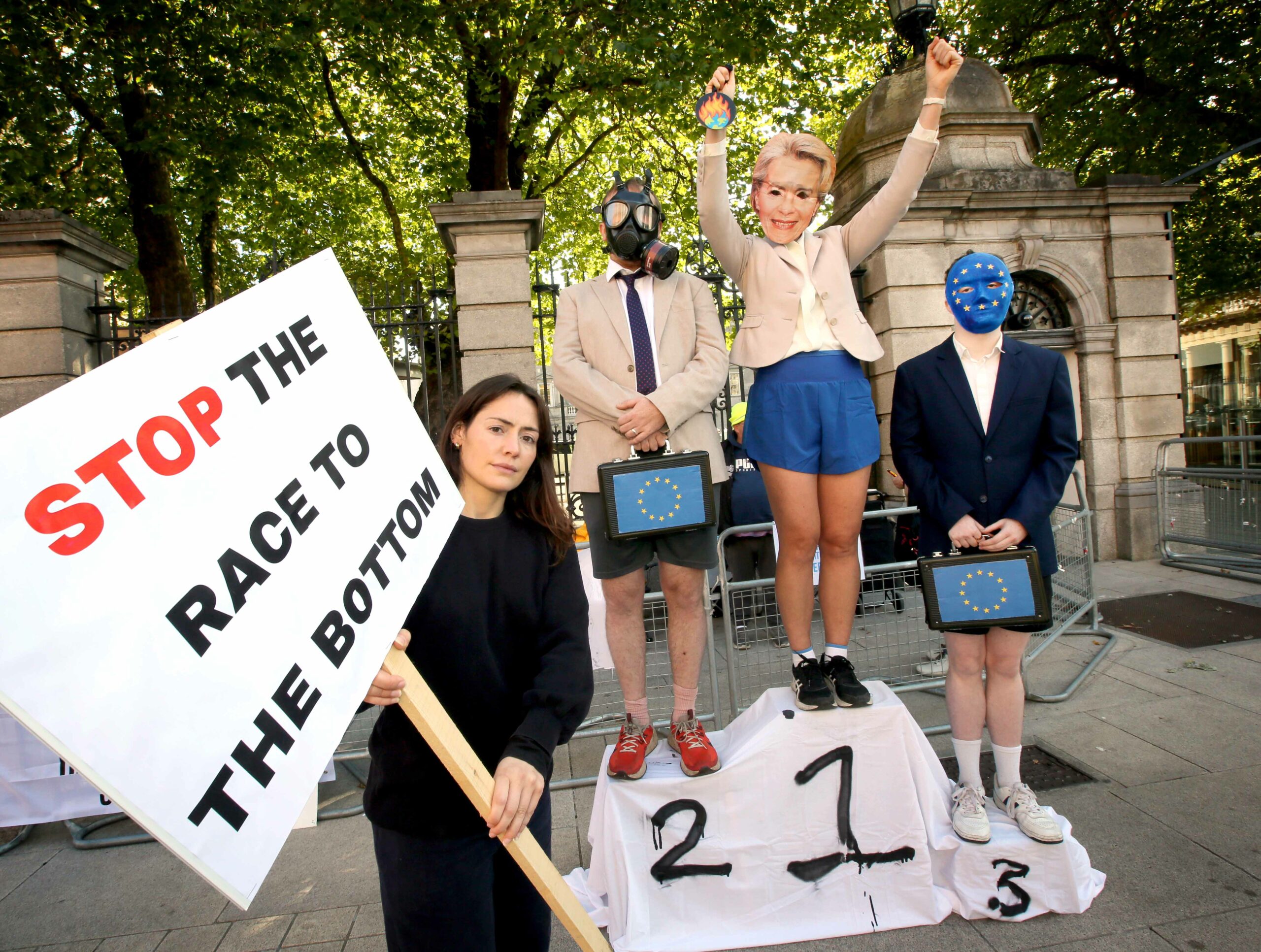
Press release: Campaigners warn of EU’s ‘race to the bottom’ on rights protecting people and planet
Human rights campaigners, climate groups and trade unions gathered in Dublin and Brussels today (Tuesday[…]
